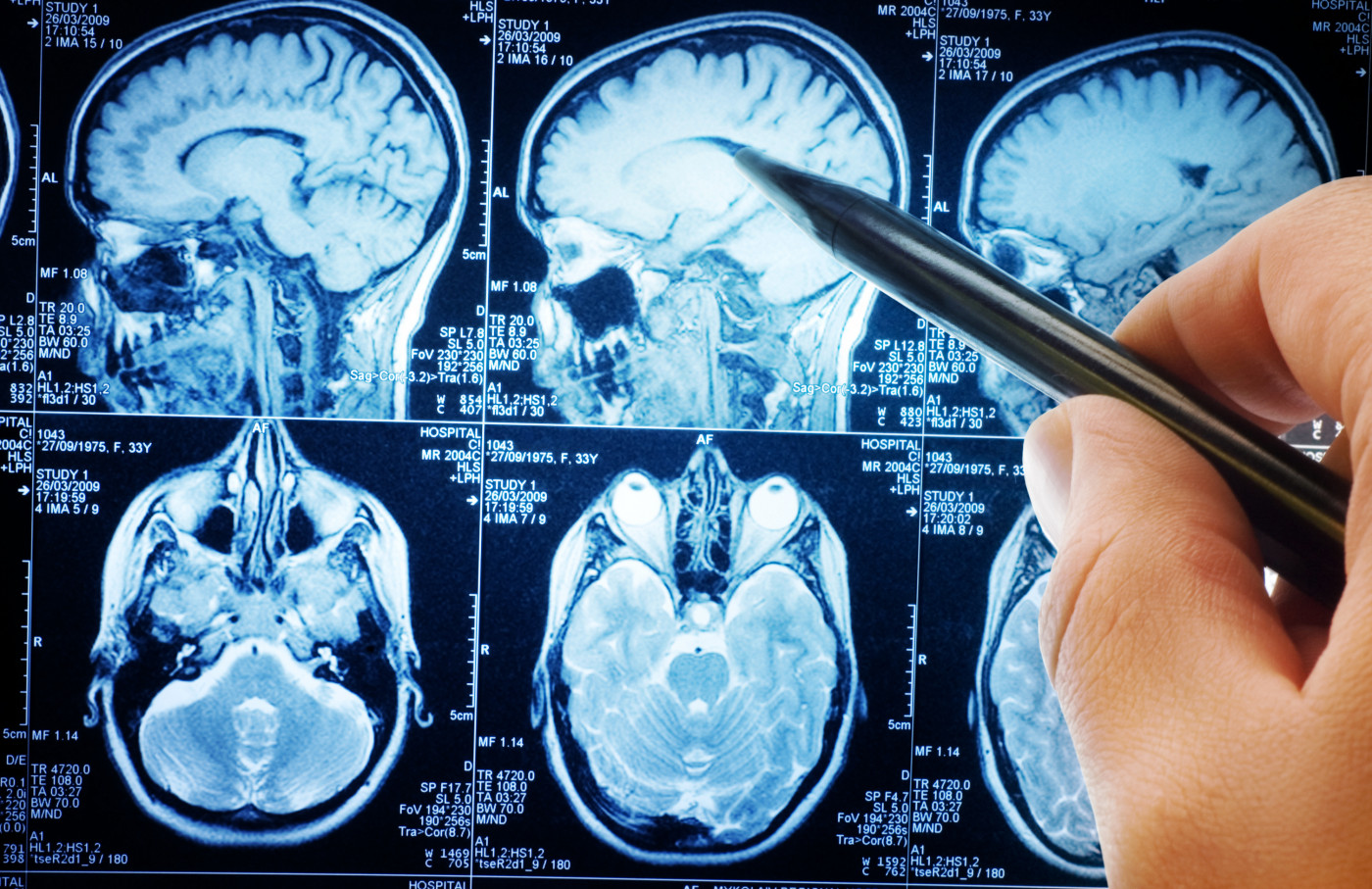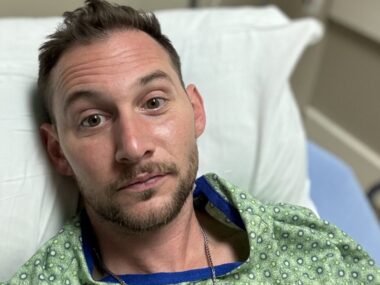Most RIS Patients Likely to Progress to MS Within 10 Years, Study Says
Written by |

More than half of people with brain imaging changes akin to multiple sclerosis (MS) go on to develop the disease within 10 years, a global study of those with radiologically isolated syndrome reported.
Progression to MS appears to be more likely in those who are younger, have spinal cord lesions, or have oligoclonal bands in the cerebrospinal fluid (SCF) and are a sign of inflammation-related proteins, its findings suggested.
They were published in the journal Annals of Neurology, in the study “Radiologically Isolated Syndrome: 10‐Year Risk Estimate of a Clinical Event.”
Radiologically isolated syndrome, or RIS, is a rare phenomenon in which a person has no apparent MS symptoms but has MS-like brain damage visible on an MRI brain scan. The phenomenon was formally defined in 2009.
The extent to which people with RIS are likely to develop MS — or if specific features of RIS patients make them more or less likely to progress to symptomatic disease — remains unclear.
Researchers — in the U.S., France, Italy, and Turkey — analyzed clinical and demographic data from 451 people with RIS. These data were collected from 21 clinical sites across five countries. Of the people included, 141 had data that was current as of 2014 when a previous analysis using data from the same group was published.
Most of these 451 RIS patients were female (86.5%) and white (86%), and their average age at RIS diagnosis was 37.2.
“This cohort, which includes longitudinally acquired clinical and MRI data, is currently the largest and longest published study of RIS individuals,” the researchers wrote.
Results showed that the estimated risk of a person experiencing a clinical event — that is, developing MS symptoms — was 51.2% at 10 years after a RIS diagnosis.
“This trend towards symptom evolution also appeared to extend out beyond 10 years,” the researchers wrote.
Of the 173 people who developed symptoms, 21 (11.7%) fulfilled the criteria for primary progressive MS (PPMS).
The team then used statistical models to find factors potentially associated with a higher likelihood of a clinical event.
A younger age at RIS diagnosis was associated with a significantly higher risk of eventual MS, the models showed.
“The risk of developing a clinical event decreased by 4% for every additional year of age [at the time of RIS was diagnosed],” the researchers wrote.
The presence of oligoclonal bands in the CSF — a measure of antibodies in the central nervous system, which is broadly indicative of nervous system inflammation — was also significantly associated with a risk of a clinical event. People positive for oligoclonal bands were 2.17 times more likely to experience MS symptoms.
Having spinal cord lesions or lesions in the lower lower back (infratentorial lesions) were also associated with a higher clinical event risk — a 2.33-fold increase for spinal lesions and a 1.39-fold increase for infratentorial lesions.
“Age, positive cerebrospinal fluid for oligoclonal bands, infratentorial lesions on MRI, and spinal cord lesions, were baseline independent predictors associated with a subsequent clinical event,” the researchers wrote.
New inflammatory lesions on a follow-up observation were also linked with an increased clinical event risk; however, this association was not statistically significant after accounting for other variables (e.g., clinic-to-clinic variations).
Sex was not significantly associated with clinical event risk, in contrast to findings in the earlier five-year analysis, which suggested a greater risk in males.
No factors were significantly predictive of progression to PPMS as compared with relapsing-remitting MS.
MS disease-modifying therapies (DMTs) were prescribed to 73 people upon RIS diagnosis. But such treatment was not associated with an altered risk of a clinical event.
“Whether to treat RIS subjects off-label with DMTs is a matter of debate,” the researchers wrote.
A number of ongoing clinical trials are evaluating DMTs as treatments for RIS. One Phase 3 study (NCT03122652) is testing Aubagio (teriflunomide, marketed by Sanofi Genzyme) against placebo, and a Phase 4 study (NCT02739542) is testing Tecfidera (dimethyl fumarate, by Biogen) against placebo.
Results from these trials may help to guide the use of DMTs in people with RIS.
Overall, this work found that “approximately half (51%) of subjects experience a first clinical event within 10 years, especially those with infratentorial/spinal cord lesions, younger subjects, and those with positive [oligoclonal bands in] CSF,” the researchers concluded. “These factors should assist clinicians to counsel patients about individual risk.”
Randomized trials are ongoing and “will help to address the question of treatment of individuals with RIS,” they added. “Individual treatment initiatives are not currently supported.”


